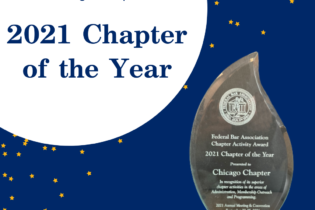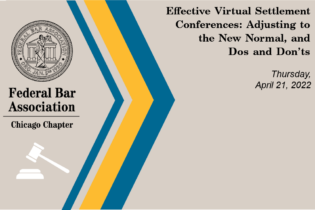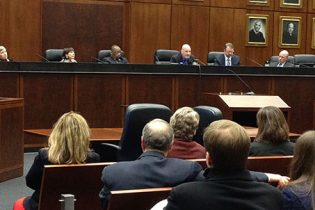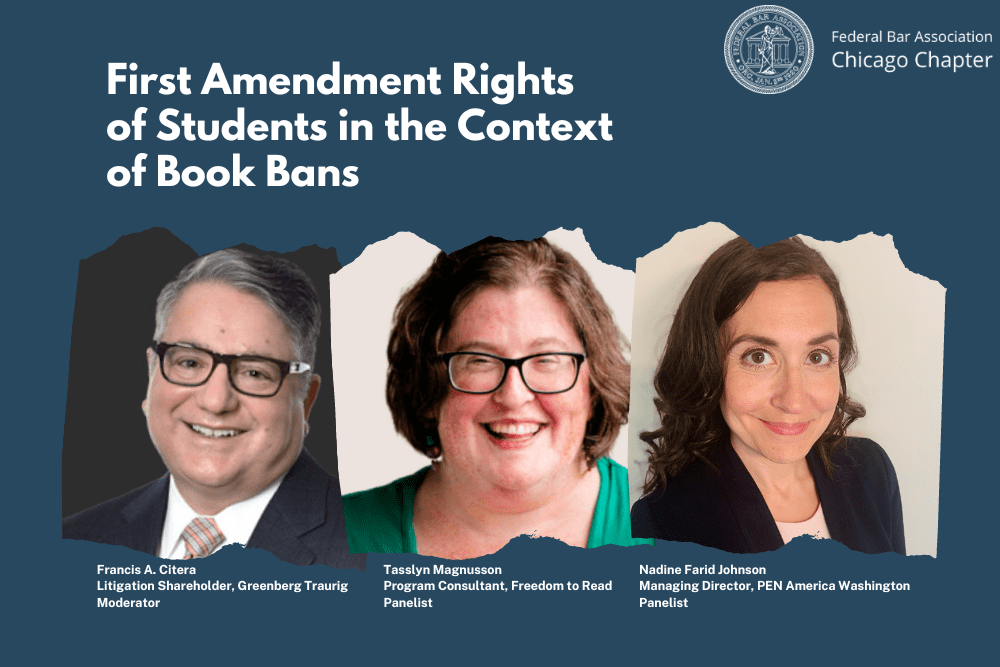
Book Bans in U.S. Public Schools: A First Amendment Perspective
Francis A. Citera, a notable shareholder at Greenberg Traurig and an influential board member of the Federal Bar Association’s Chicago chapter, spearheaded the session. The rising trend of book bans in U.S. schools became the central theme.
Highlighting its active role, the Chicago chapter, with over 600 members, steadfastly supports federal practitioners and judges, all while casting a spotlight on the pressing book bans issue.
PEN America’s Advocacy against Book Bans
Championing the cause against book bans, Nadine Farid Johnson and Tasslyn Magnusson represented PEN America. As a non-profit, PEN America ardently defends the freedom to write. Tasslyn Magnusson, with her keen focus, delves into the intricacies of book bans, studying censorship patterns in K-12 libraries, and providing support to authors impacted by these bans.
Conversely, Nadine Farid Johnson, as the managing director of PEN America Washington, seamlessly connects national book bans concerns with broader international free expression issues.
Tasslyn Magnusson: Researcher and Advocate
Tasslyn Magnusson serves as a Program Consultant with Freedom to Read at PEN America. Her primary responsibilities include researching censorship attempts in K-12 libraries and developing resources to assist authors facing scrutiny for their works.
Her academic credentials include a BA from the University of Minnesota-Morris, an MA from Hamline University, and a PhD in American History from Case Western Reserve University.
Nadine Farid Johnson: Expert in Free Expression
Nadine Farid Johnson holds the position of Managing Director of PEN America Washington and Free Expression Programs. Her multifaceted expertise encompasses foreign policy and constitutional issues. She has co-authored publications such as “Banned in the USA: The Growing Movement to Censor Books in Schools” (2022).
With a background spanning diplomacy for the United States, academia, and the private sector, including roles at Harvard Law School and Google, her insights are informed by a broad professional trajectory. She completed her education at DePauw University and Tulane Law School.
Key Insights from PEN America
The research from PEN America revealed a significant increase in book bans over the past year. Notably, these bans commonly targeted material related to LGBTQ+ themes and racial issues. Florida, in particular, emerged as a hotspot for such bans.
The study further identified about 50 organized groups actively advocating for bans across various counties, irrespective of their political affiliations, underscoring the widespread nature of the challenge.
Navigating the Legal Landscape
Understanding book bans also requires delving into their legal aspects. The Pico decision by the Supreme Court, a central piece in the narrative, emphasizes students’ First Amendment right to access diverse literature.
While this decision stands firmly against bans rooted in specific viewpoints, it does contain areas of ambiguity. Undoubtedly, these nuances, especially concerning potentially controversial books, spark ongoing debates.
Historical Parallels: Book Bans Through the Decades
The session illuminated the striking resemblance between today’s book bans wave and patterns observed during the late 70s and early 80s. Despite the time lapse, the foundational principles opposing bans during the Pico case era remain as relevant as ever.
The presentation underscored the responsibility of school boards in navigating this complex landscape. Overall, it emphasized the need for balanced decision-making free from personal biases.
The Path Forward: Combating Book Bans Proactively
At the session’s crescendo, Frank, Tasslyn, and Nadine rallied attendees to actively combat book bans by participating locally. For instance, people can attend school board meetings, engage in community discussions, and get involved with local elections. Moreover, this webinar highlighted the legal community’s unique position. With their specific skillset, the legal community can demystify legal contexts, offer pro bono services, and act as defenders against the encroaching bans.
Above all, book bans aren’t just isolated events. As a matter of fact, they reflect broader societal challenges and touch upon the core values of education and democracy. The session’s close beckoned every attendee to join the fight, underscoring the need for collective effort.
For the full overview, please watch the full webinar below. To continue the conversation, feel free to connect with Frank Citera, Tasslyn Magnusson, and Nadine Farid Johnson.
Do you want to stay involved with the Federal Bar Association Chicago Chapter? Explore our upcoming events and educational opportunities for attorneys!

